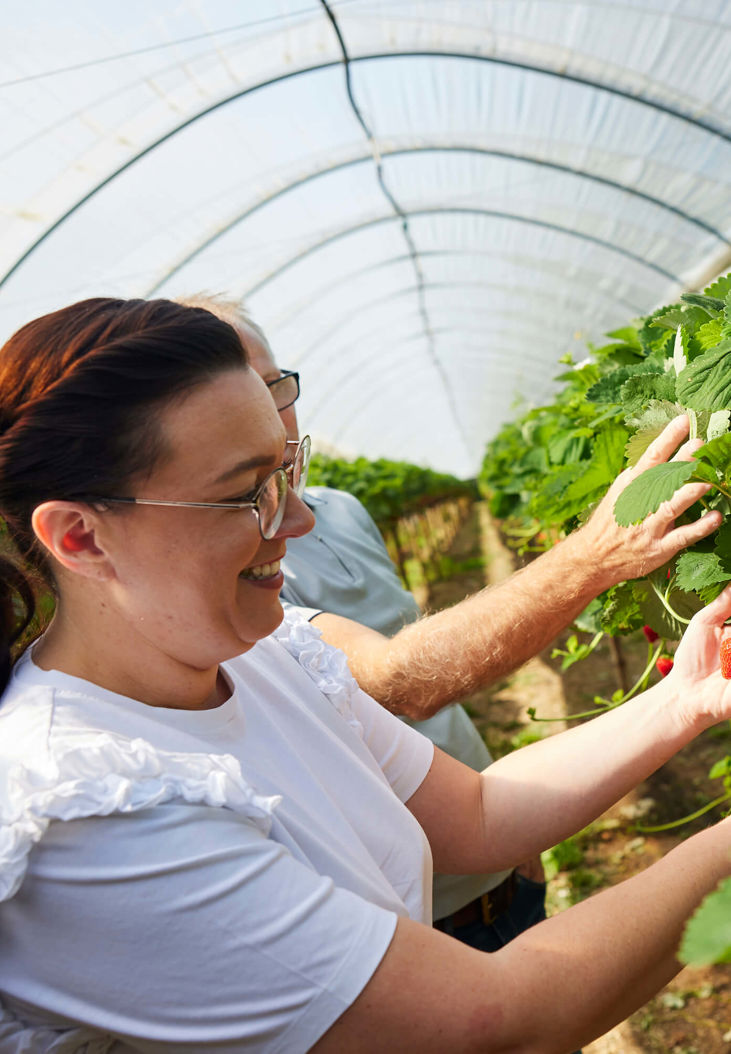Is working from home harming your employee's health?
The global pandemic fundamentally reshaped how we work, with remote work now the norm for many. This shift has brought numerous benefits for employees and employers, from eliminating the dreaded commute to expanding the recruitment net geographically. However, a recent Compass Group and Mintel study reveals some surprising findings about UK employees working from home health habits.
The study, which surveyed 35,000 workers across 26 countries, found that the majority of UK employees recognise the importance of maintaining a healthy diet during their working week. In fact, 60% of respondents stated that what they eat and drink at work directly affects their productivity, while 73% agreed that healthy eating is essential for long-term health.
Healthy eating expectations vs. realities
Despite these good intentions, more than half of UK workers admit to struggling with healthy eating at work, with those working from home finding it particularly challenging. A staggering 52% of home-based and hybrid workers confessed to regularly indulging in unhealthy foods during their working day.
Men who work from home were found to be especially prone to snacking, indulging an average of three times per day, twice as often as their office-based peers. These snacks often consist of high-calorie treats like chocolate, with 31% of home workers admitting to indulging in such snacks compared to 25% of office-based employees.
However, the study did reveal a silver lining. Two-thirds (67%) of UK hybrid workers make a conscious effort to eat more healthily when they enter the workplace. This suggests that the office environment encourages healthier eating habits, underscoring the need for more guidance and support from employers for remote workers to make nutritious choices.

The generational difference in healthy eating habits
Age plays a significant role in shaping employees' eating habits. Younger workers, such as Millennials and Gen Z, display a stronger interest in healthy eating at work. They’re more likely to choose healthy snacks during breaks and more conscious of how their food choices impact their productivity.
Gen Z, in particular, stood out for their snacking habits. When working from home, they average four snacks per day, often replacing a main meal with snacks. In contrast, Baby Boomers are more likely to opt for a quick sandwich for lunch.
The pros and cons of remote working for work-life balance
Beyond diet, the study delved into the broader aspects of work-life balance for remote workers. It found that those working from home report having more frequent and higher-quality breaks compared to their office-based counterparts. A significant 57% of hybrid workers feel they can truly relax during breaks at home, compared to 44% for breaks taken in the office.
Moreover, remote workers are more proactive in maintaining their physical and mental wellbeing during working hours. They’re almost four times more likely to exercise during the day and three times more likely to spend time in nature during work breaks. Additionally, they’re better at avoiding excessive screen time during breaks.
However, there is a downside to working from home. The study revealed that 6 in 10 UK hybrid workers tend to work longer hours when working remotely. Furthermore, 60% of home-based workers report eating lunch alone, which can exacerbate feelings of isolation. Many also miss the opportunity to socialise with colleagues, with half wishing they could eat lunch with their peers more often.

The role of the employer
The shift to remote work has undoubtedly brought about both positive and negative changes in our daily routines. While remote workers benefit from more exercise, outdoor time, and quality breaks, there are challenges in maintaining a healthy diet and avoiding extended work hours.
Employers play a crucial role in supporting their remote workforce in making healthier food choices and ensuring a balanced work-life dynamic. By providing guidance, fostering a sense of community and promoting healthier eating options, they can help their employees maintain their health and productivity, whether they work from home or in the office.
Healthy workplace food services
At Eurest, we give your employees something to come to work for. Our food and drink services are designed to promote employee wellbeing, collaboration and productivity while helping you meet your sustainability goals.
To find out more, simply email us at saleslead@compass-group.co.uk.
Further reading
-

Lunch break power
Most employers recognise the importance of an employee lunch break, but now there’s research to prove it
Find out more -

Gen Z says
Workplace food services are important for talent attraction
Find out more -

Our social values
How we’re delivering social value in the food service industry
Find out more



